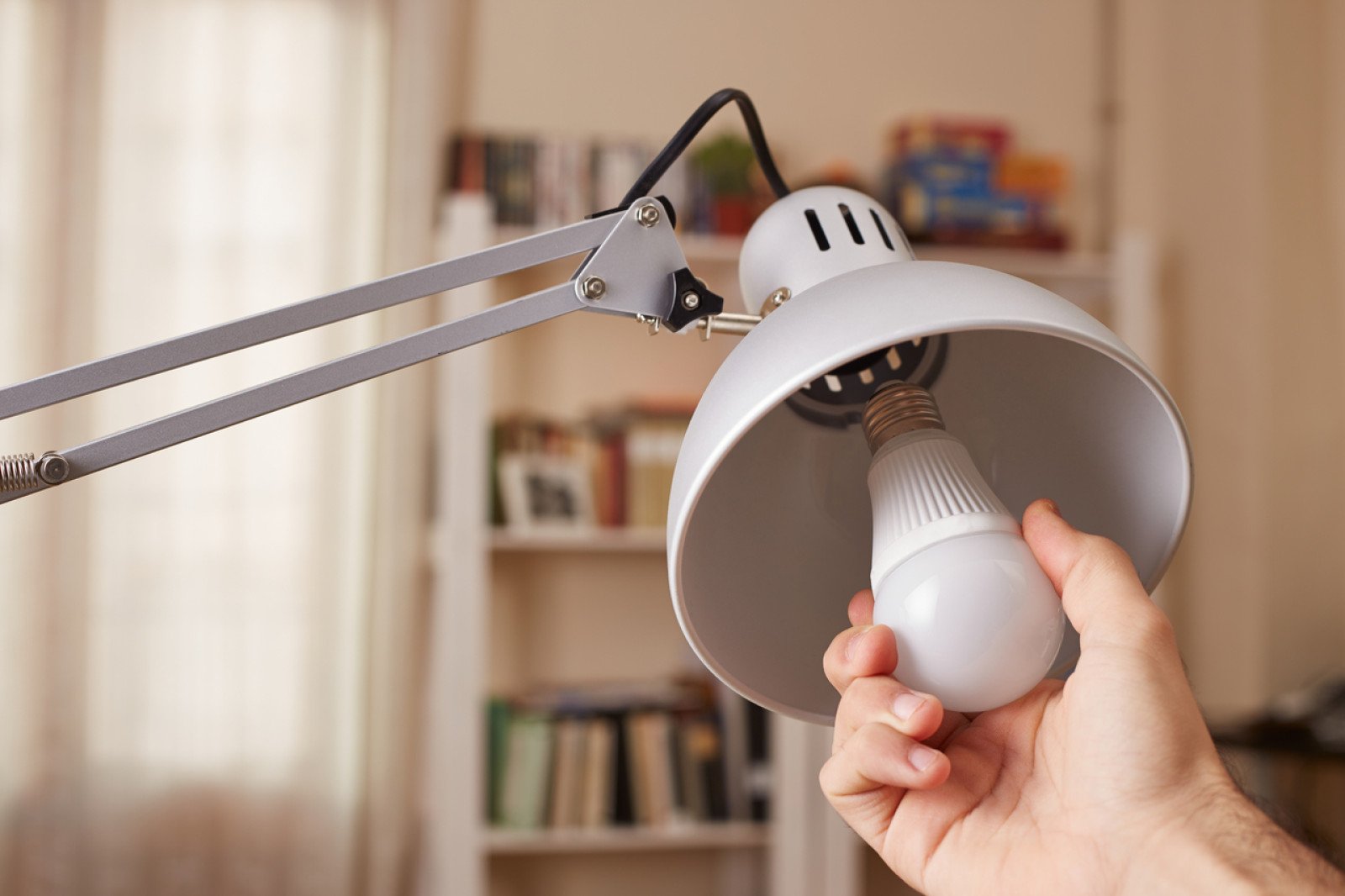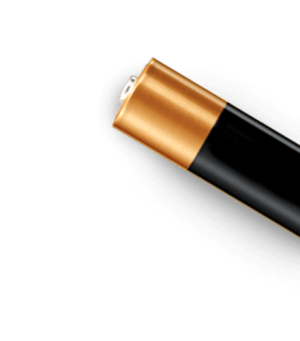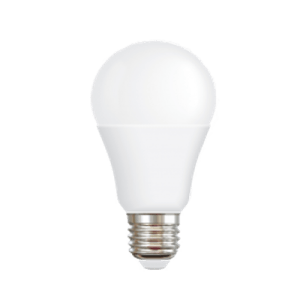Analyze your electricity consumption
Use mathematical thinking to determine if 500 kWh of electricity could power a home for a year.

Overview
Students calculate their approximate yearly electricity consumption using algebraic and graphical models and use this data to decide if they could survive for one year using only 500kWh of electricity.
Instructions
What you'll need
- "Analyzing your electricity consumption" worksheet, one copy for each student
- "How do we measure electricity" video
- Watch the "How do we measure electricity" video with your students to help them understand about how energy is measured.
- Organize your students into small groups (2-4 students) and provide each student with a copy of the "Analyzing your electricity consumption" worksheet. Briefly review the idea that an urban household requires a minimum of 500kWh of electricity to survive a year. This amount of electricity would support daily needs such as cooking and heating.
- Draw your students’ attention to the image of the light-emitting diode (LED) light bulb. Using the daily energy consumption of the light bulb as a guide, invite groups to think about all the electricity that they use daily. Ask them how possible would it be for them to survive for one year using only 500 kWh of electricity: Very possible? Somewhat possible? Impossible? Prompt groups to discuss their energy consumption, then note their decisions on their worksheets.
- Invite groups to share their initial decisions and thinking with the class.
- Briefly explain that the challenge of this activity is to determine if it is possible to survive for one year using only 500kWh. Guide your students’ attention to the second page of the worksheet, and inform them that they will use this data to help make their decisions.
- Prompt groups to select ten devices that they use the most, then use the formula to calculate the yearly electricity consumption for each device. Groups should then total the consumption for all their selected devices.
- Encourage groups to share their totals with the class, inviting them to discuss any surprising or notable observations about their electricity consumption.
- Instruct groups to use their data to create an algebraic and graphical model for energy consumption, E (in kWh) vs time, t (days). Students should create a linear relation direct variation of E = m t where m is the daily consumption of energy.
- If students indicate that they could not survive an entire year on 500 kWh of electricity, ask them to use their mathematical models to determine how long they could survive on that amount of electricity.
- Guide students’ attention back to the first page of the worksheet. Ask groups to make a final decision about the possibility of surviving for one year using 500 kWh of electricity. Invite groups to share their decisions and thinking with the class, encouraging them to suggest how they used mathematical thinking to guide their thinking.
- Conclude the activity by asking students what their mathematical models reveal about their energy usage. How much would their lives change if their electricity use was limited to 500kWh/year? Share with your students that:
- in 2016, only 87% of the world’s population had access to 500 kWh/year, the amount needed to provide basic needs;
- in 2016, 940 million people did not have access to any electricity; and
- in 2014, the average Canadian used 15,545 kWh of electricity. (all data from here).
Modify or extend this activity
Extension
- Ask students to calculate the daily amount of energy a household could consume and not exceed 500 kWh/year (the answer is 1.37 kWh/day). Invite your students to calculate what changes they would need to make in their lives to limit their energy consumption to 1.37 kWh/day, or 500 kWh/year.
- For more Grade 9 activities on energy consumption, check out "Measuring electricity use" and "Home energy detectives".
Curriculum Fit
Grade 9 Mathematics
Big idea
- Continuous linear relationships can be identified and represented in many connected ways to identify regularities and make generalizations
Content
- Two-variable linear relations, using graphing, interpolation, and extrapolation
Curricular competencies
Reasoning and analyzing
- Use reasoning and logic to explore, analyze, and apply mathematical ideas
- Estimate reasonably
Understanding and solving
- Apply multiple strategies to solve problems in both abstract and contextualized situations
- Develop, demonstrate, and apply mathematical understanding through play, inquiry, and problem solving
Communicating and representing
- Use mathematical vocabulary and language to contribute to mathematical discussions
- Explain and justify mathematical ideas and decisions
- Communicate mathematical thinking in many ways
- Represent mathematical ideas in concrete, pictorial, and symbolic forms
Connecting and reflecting
- Reflect on mathematical thinking
- Use mathematical arguments to support personal choices
Assessments
Assess your students’ abilities to:
- Create two-variable graphical and algebraic models.
- Use mathematical vocabulary and language to contribute to mathematical discussions.
- Use mathematical evidence to make and support decisions.
Teaching Notes
Track your energy use
Tracking your home's electricity use is easy with MyHydro, an online tracking tool that can give you a better understanding of how things such as seasonal changes, your everyday habits, and vacations can affect your electricity use. Learn more at MyHydro.
How to save energy with lighting
There's plenty of ways to save energy at home by changing up your lighting, like using natural light instead of artificial light when you can, or using light timers and sensors, and even switching to LEDs from incandescent light bulbs. To learn more about these lighting tips, head here.







